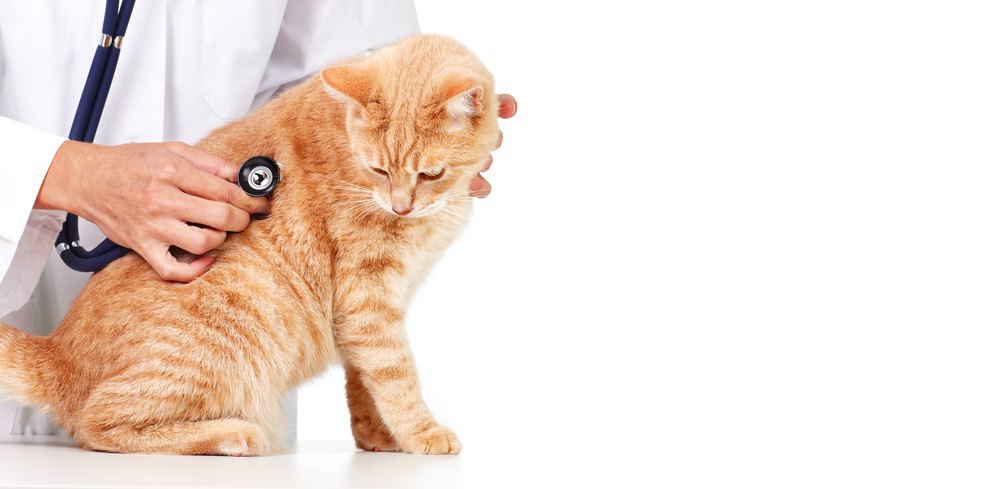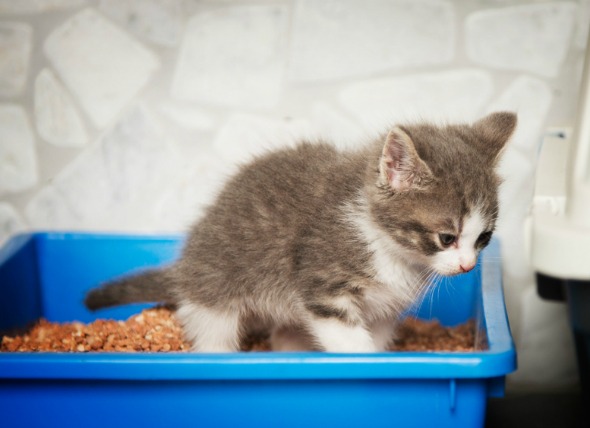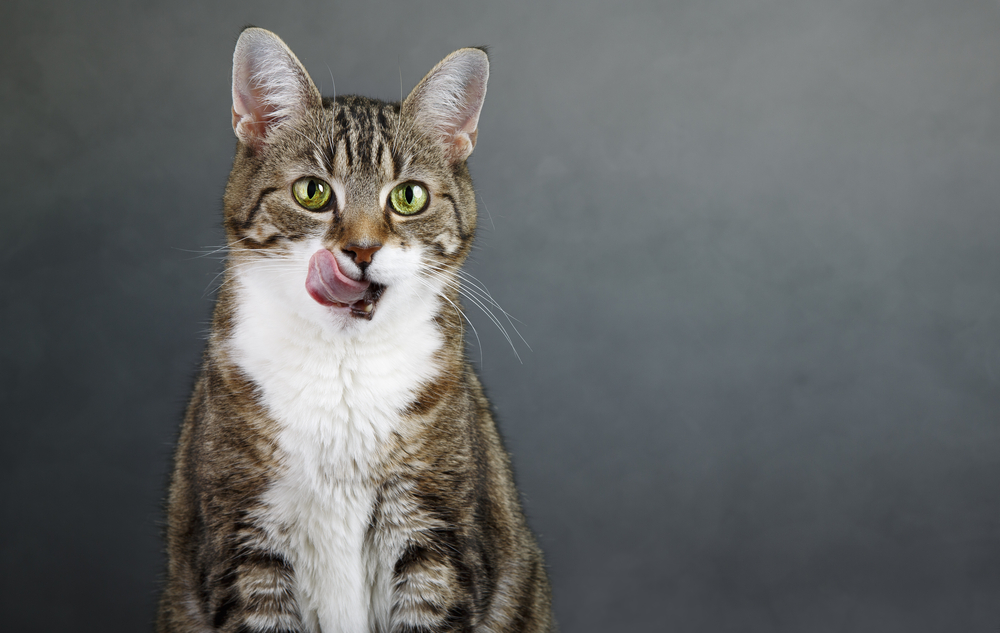

Acetaminophen is one of the most commonly used pain relievers, and it can be found in a variety of over-the-counter medications. Toxic levels can be reached when a pet is unintentionally over medicated with acetaminophen, or when a pet has gotten hold of medication and ingested it. Pet owners often do not realize their animals may break into medicine cabinets or chew through medicine bottles. It is important to be able to recognize the symptoms of toxicity, so that you can properly treat your pet if is has accidentally ingested medication.
Cats are especially sensitive to acetaminophen toxicity. They can experience toxicity levels with as low as 10 mg per kg body weight. The most common symptoms that you may notice in pets suffering from acetaminophen toxicity include:
If you believe that your cat has ingested acetaminophen, it will typically be treated as an emergency situation. Seek the advice of a medical professional immediately, as treatment may be necessary. Your veterinarian will perform a chemical blood profile, a complete blood count, and a urinalysis to determine the level of toxicity, so that a potential treatment can be prescribed.
If your cat requires treatment, it will typically need to be given supplemental oxygen, intravenous fluids, and/or drugs given intravenously, including vitamin C, cimetidine, and N-acetylcysteine. The amino acid cystiene may also be used and is one of the most effective ingredients in this treatment regiment, necessary for repairing any potential liver damage. Cystiene can also work to reduce the overall level of toxicity in the body. Treatment in a timely fashion is essential to give your cat the best chance of recovery and survival.
While a veterinarian may recommend small doses of over-the-counter medication for animals, the weight of the animal, with regards to the dosage, is always taken into consideration. Cat owners should never self-diagnose and treat their pets with human medication, and should take precautions to keep household medications out of their cat's reach to avoid a potentially harmful or fatal reaction.
 Paralysis-inducing Spinal Cord Disease in Cats
Myelopathy–Paresis/Paralysis in Cats
Myelop
Paralysis-inducing Spinal Cord Disease in Cats
Myelopathy–Paresis/Paralysis in Cats
Myelop
 Parasitic Diarrhea (Giardiasis) in Cats
Giardiasis in Cats
Giardiasis is a medical condit
Parasitic Diarrhea (Giardiasis) in Cats
Giardiasis in Cats
Giardiasis is a medical condit
 Hernia (Hiatal) in Cats
Hiatal Hernia in Cats
A hernia occurs when one pa
Hernia (Hiatal) in Cats
Hiatal Hernia in Cats
A hernia occurs when one pa
 Lead Poisoning in Cats
Lead Toxicity in Cats
Lead poisoning
Lead Poisoning in Cats
Lead Toxicity in Cats
Lead poisoning
 Spontaneous Abortion and Termination of Pregnancy in Cats
Unintentional and unwanted pregnancy in pets is a common
Spontaneous Abortion and Termination of Pregnancy in Cats
Unintentional and unwanted pregnancy in pets is a common
Copyright © 2005-2016 Pet Information All Rights Reserved
Contact us: www162date@outlook.com